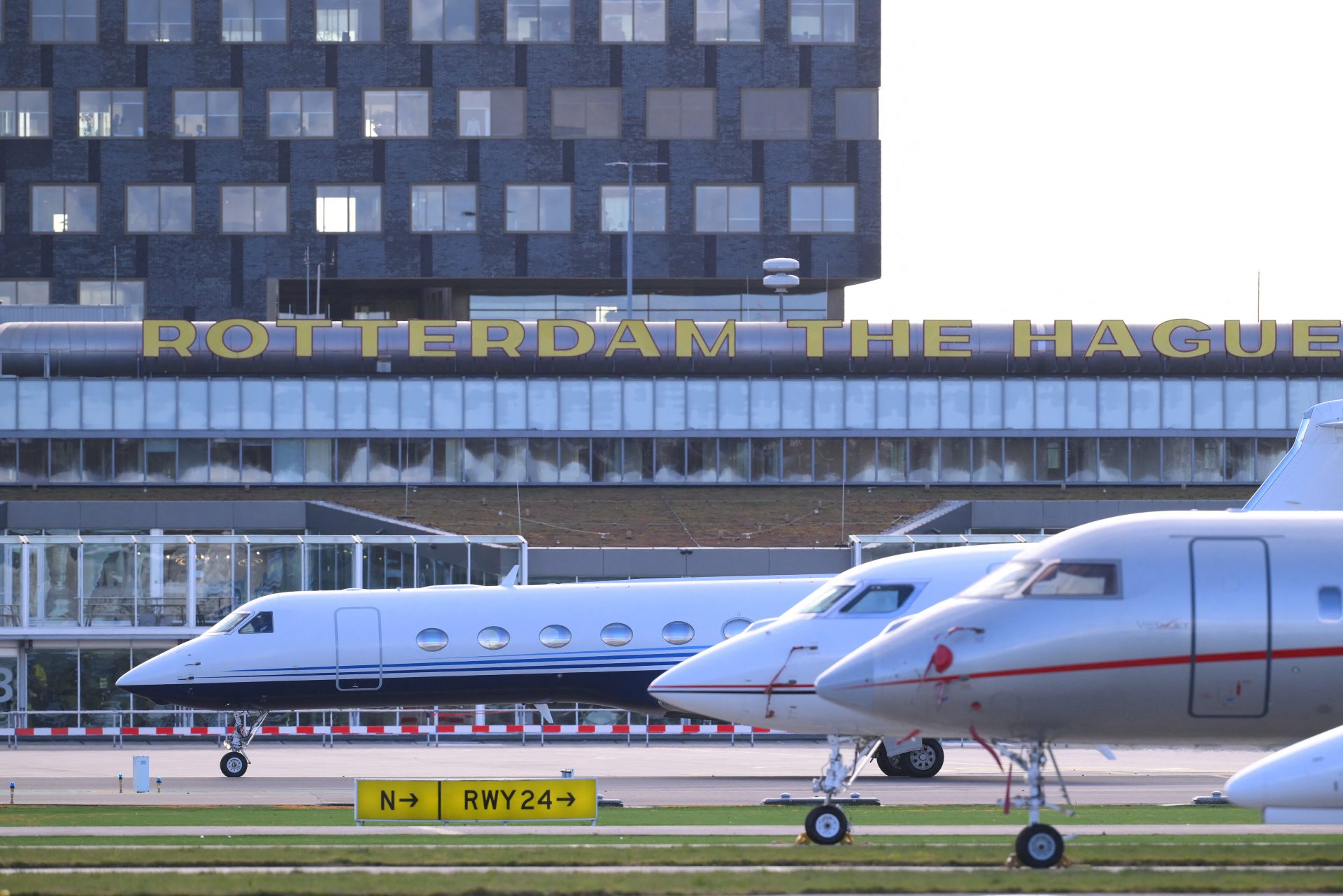Former Philippine President Rodrigo Duterte is now in the custody of the International Criminal Court (ICC), a move hailed by United Nations High Commissioner for Human Rights Volker Türk as a milestone in the quest for justice for victims of his anti-drug campaign.
“This is a very important step towards seeking accountability for the thousands of victims of killings and other abuses, as well as their families who have courageously pursued justice,” Türk said in a statement from the UN Human Rights Office.
Duterte, who led the Philippines from 2016 to 2022, faces crimes against humanity charges for extrajudicial killings linked to his drug war, which dates back to his tenure as mayor of Davao City (2011-2016).
His administration’s campaign was widely condemned for its brutality, with thousands of alleged drug suspects killed in police operations and vigilante attacks.
“The extremely serious charges against him will now be addressed fairly and independently, in full accordance with the law,” Türk added.
The UN rights chief commended the Philippine government for cooperating with the ICC in enforcing Duterte’s arrest warrant, signaling a shift from previous resistance to the court’s probe. He also called for protection measures for victims and witnesses, warning against retaliation.
“The so-called war on drugs undertaken under Duterte’s leadership – first in Davao and then across the country – has long been of concern to our Office. We welcome the positive changes in the area of drug policy that the current Government has subsequently pursued,” he said.
A 2020 UN Human Rights Office report cited “credible allegations of widespread and systematic extrajudicial killings” linked to Duterte’s drug war. Other UN human rights bodies, including the Special Rapporteur on extrajudicial executions, also documented extensive abuses during his rule. The report urged global accountability measures, citing domestic failures in delivering justice.
“Despite some steps by the Philippines authorities to review and re-open past cases, only a handful of cases so far have resulted in convictions,” Türk noted. “The ICC proceedings now open a path towards addressing such impunity, at the highest levels, and shedding light on the widespread and systematic nature of these crimes.”
He emphasized the ICC’s role in upholding justice. “Our international legal frameworks and institutions, including the ICC, are fundamental to ensuring justice and achieving accountability for the most serious crimes, preventing future violations, and making the world safer for everyone.”
Türk urged the Philippines to reconsider its 2019 withdrawal from the Rome Statute, which established the ICC, and rejoin the court to reinforce global justice efforts.
Following its 2020 report, the UN Human Rights Office collaborated with the Philippine government through a UN Joint Programme on human rights, aiming to strengthen accountability and integrate rights-based drug policies. The program concluded in August 2024.







